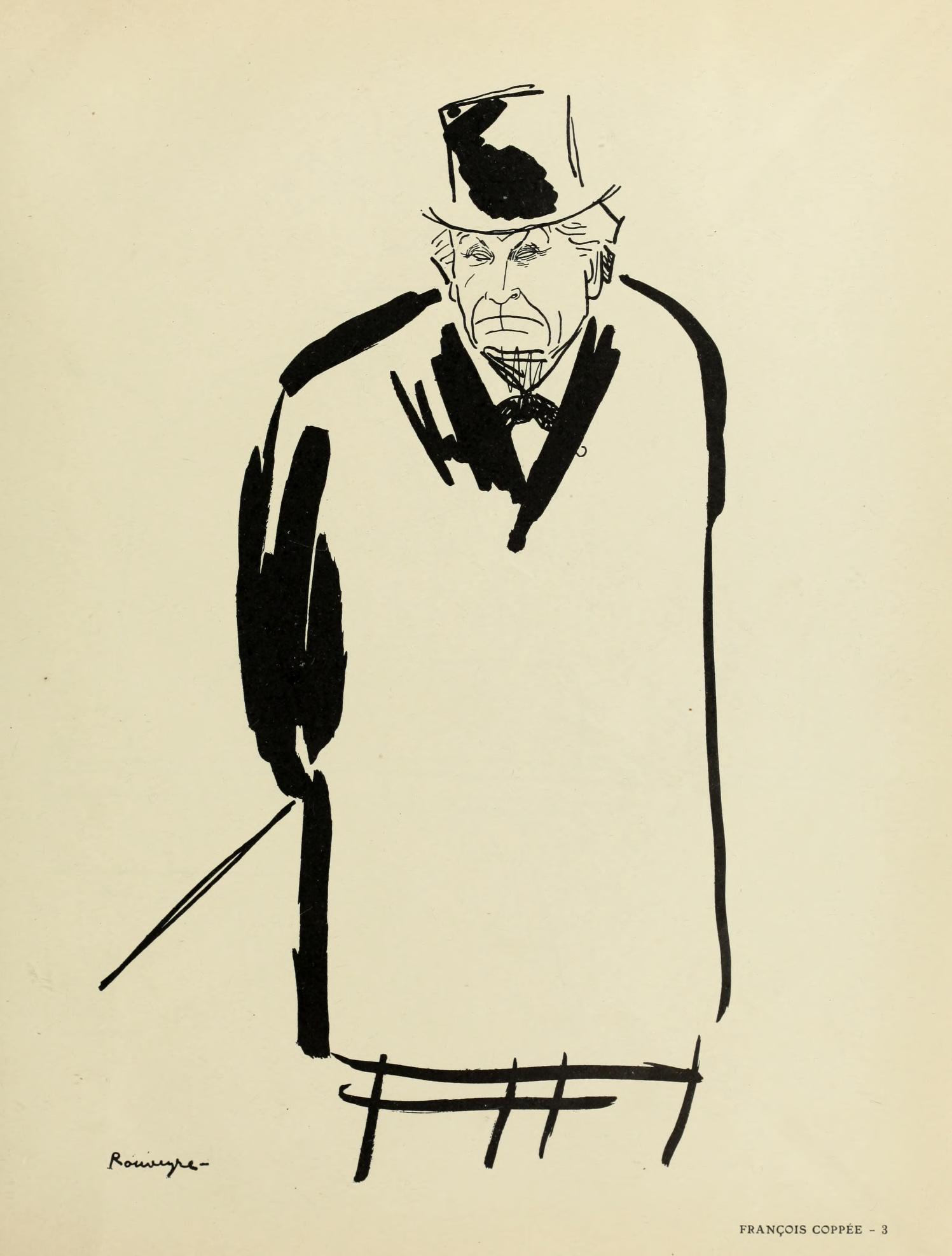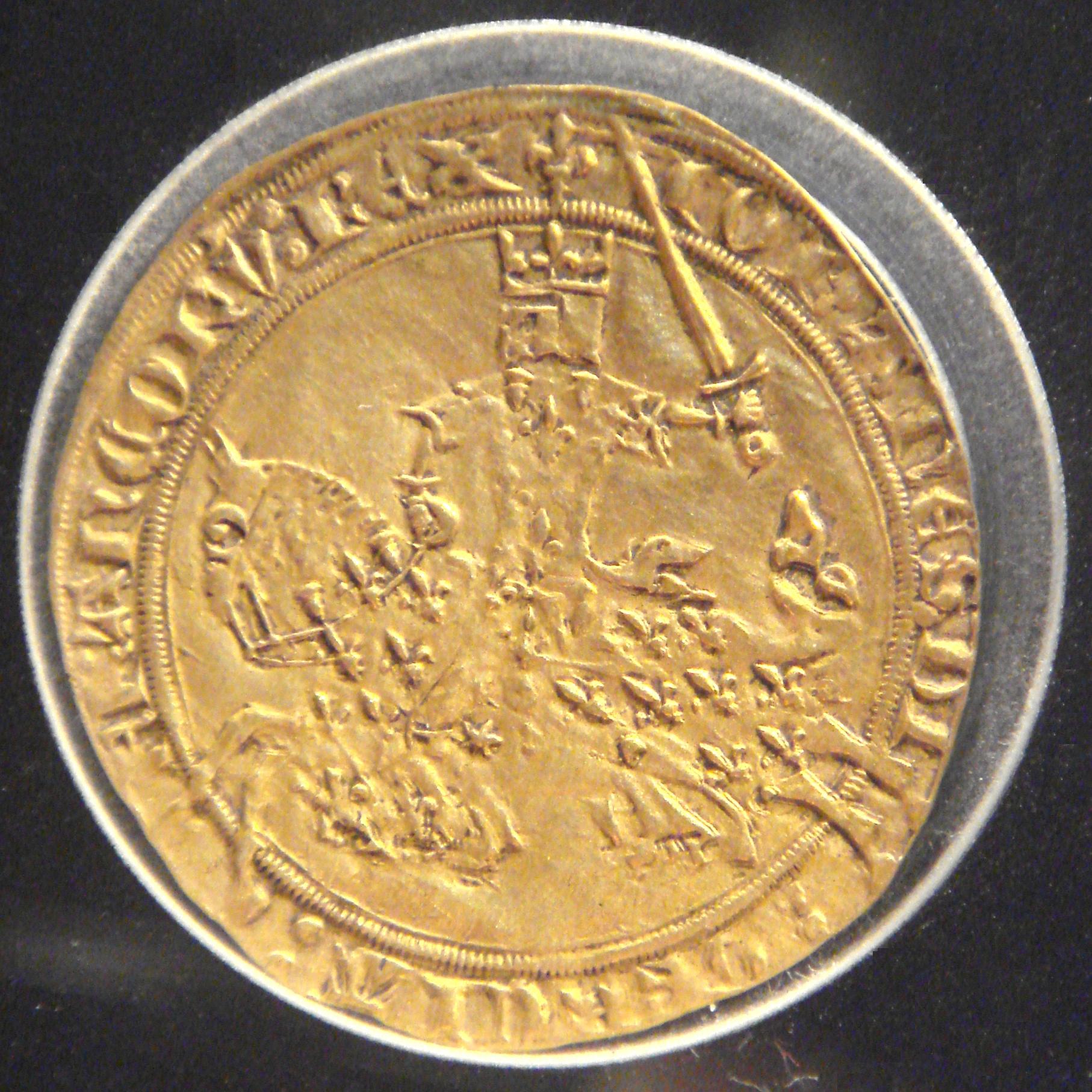|
Louis-Xavier De Ricard
Louis-Xavier de Ricard (January 25, 1843July 2, 1911) was a French poet, author and journalist of the 19th century. He was founder and editor of '' La Revue du progrès'' (''La Revue du Progrès moral, littéraire, scientifique et artistique'') which was the first to publish a poem by Paul Verlaine in August 1863. He and Catulle Mendès edited the first volume of ''Le Parnasse contemporain'', published by Alphonse Lemerre in 1866. He was a member of the Commune de Paris (1871) and Félibrige, a group founded by Frédéric Mistral to promote and defend Provençal literature and the Provençal language (a ''Langue d'oc'' language). Life His father was general and marquis Joseph-Barthélemy de Ricard (who successively served Napoléon I, then the Bourbons and finally was premier ''aide-de-camp'' of Jérôme Bonaparte in 1852). Ricard's first collection of poetry, ''Les chants de l'aube'' (''Songs of Dawn'') was published in 1862 by Poulet-Malassis. In March 1863, after receiving an ... [...More Info...] [...Related Items...] OR: [Wikipedia] [Google] [Baidu] |
:Template:Infobox Writer/doc
Infobox writer may be used to summarize information about a person who is a writer/author (includes screenwriters). If the writer-specific fields here are not needed, consider using the more general ; other infoboxes there can be found in :People and person infobox templates. This template may also be used as a module (or sub-template) of ; see WikiProject Infoboxes/embed for guidance on such usage. Syntax The infobox may be added by pasting the template as shown below into an article. All fields are optional. Any unused parameter names can be left blank or omitted. Parameters Please remove any parameters from an article's infobox that are unlikely to be used. All parameters are optional. Unless otherwise specified, if a parameter has multiple values, they should be comma-separated using the template: : which produces: : , language= If any of the individual values contain commas already, add to use semi-colons as separators: : which produces: : , ps ... [...More Info...] [...Related Items...] OR: [Wikipedia] [Google] [Baidu] |
Langue D'Oc
Occitan (; oc, occitan, link=no ), also known as ''lenga d'òc'' (; french: langue d'oc) by its native speakers, and sometimes also referred to as ''Provençal'', is a Romance language spoken in Southern France, Monaco, Italy's Occitan Valleys, as well as Spain's Val d'Aran; collectively, these regions are sometimes referred to as Occitània. It is also spoken in Calabria (Southern Italy) in a linguistic enclave of Cosenza area (mostly Guardia Piemontese). Some include Catalan in Occitan, as the distance between this language and some Occitan dialects (such as the Gascon language) is similar to the distance between different Occitan dialects. Catalan was considered a dialect of Occitan until the end of the 19th century and still today remains its closest relative. Occitan is an official language of Catalonia, where a subdialect of Gascon known as Aranese is spoken in the Val d'Aran. Since September 2010, the Parliament of Catalonia has considered Aranese Occitan to be the offi ... [...More Info...] [...Related Items...] OR: [Wikipedia] [Google] [Baidu] |
Raoul Rigault
Raoul Adolphe Georges Rigault, (16 January 1846 in Paris, 24 May 1871 also in Paris) was a journalist and French Socialist revolutionary, best known for his role during the Paris Commune of 1871. He is most notable for his execution of Archbishop Darboy, as well as for having saved the life of the French artist Pierre-Auguste Renoir from a firing squad; for having led a ruthless, French Revolution-style (''"Jacobin"'') police operation during the Paris Commune; and for his unrelenting hatred of religion. Personal life Upbringing Rigault was the son of a councilor at the Seine prefecture and attended École polytechnique. Character The ''New York Times'' in 1884 gives the following description of Rigault... According to the ''Association des Amies et Amis de la Commune de Paris 1871'' (Association of Friends and Friends of the 1871 Paris Commune), Rigault was hated for being a "swagger of perversity", "scoundrel", "aristocrat of the thuggery", for making jokes about ... [...More Info...] [...Related Items...] OR: [Wikipedia] [Google] [Baidu] |
François Coppée
François Edouard Joachim Coppée (26 January 1842 – 23 May 1908) was a French poet and novelist. Biography Coppée was born in Paris to a civil servant. After attending the Lycée Saint-Louis he became a clerk in the ministry of war and won public favour as a poet of the Parnassian school. His first printed verses date from 1864. In 1869, his "Poème modernes" (among others ''La Grève de forgerons'') were quite successful. In the same year, Coppée's first play, ''Le Passant'', starring Sarah Bernhardt and Madame Agar, was received with approval at the Odéon theatre, and later ''Fais ce que dois'' (1871) and ''Les Bijoux de la délivrance'' (1872), short poetic dramas inspired by the Franco-Prussian War, were applauded. After holding a post in the library of the senate, Coppée was chosen in 1878 as archivist of the Comédie Française, an office he held till 1884. In that year, his election to the Académie française caused him to retire from all public appointments. H ... [...More Info...] [...Related Items...] OR: [Wikipedia] [Google] [Baidu] |
Villiers De L'Isle-Adam
Jean-Marie-Mathias-Philippe-Auguste, comte de Villiers de l'Isle-Adam (7 November 1838 – 19 August 1889) was a French symbolist writer. His family called him Mathias while his friends called him Villiers; he would also use the name Auguste when publishing some of his books. Life Villiers de l'Isle-Adam was born in Saint-Brieuc, Brittany, to a distinguished aristocratic family. His parents, Marquis Joseph-Toussaint and Marie-Francoise (née Le Nepvou de Carfort) were not financially secure and were supported by Marie's aunt, Mademoiselle de Kerinou. In attempt to gain wealth, Villiers de l'Isle-Adam's father began an obsessive search for the lost treasure of the Knights of Malta, formerly known as the Knights Hospitaller, of which Philippe Villiers de L'Isle-Adam, a family ancestor, was the 16th-century Grand Master of the order. The treasure had reputedly been buried near Quintin during the French Revolution. Consequently, Marquis Joseph-Toussaint spent large sums of money ... [...More Info...] [...Related Items...] OR: [Wikipedia] [Google] [Baidu] |
Sully Prudhomme
René François Armand "Sully" Prudhomme (; 16 March 1839 – 6 September 1907) was a French poet and essayist. He was the first winner of the Nobel Prize in Literature in 1901. Born in Paris, Prudhomme originally studied to be an engineer, but turned to philosophy and later to poetry; he declared it as his intention to create scientific poetry for modern times. In character sincere and melancholic, he was linked to the Parnassus school, although, at the same time, his work displays characteristics of its own. Early life Prudhomme was born to a French shopkeeper. Prudhomme attended the Lycée Bonaparte, but eye trouble interrupted his studies. He worked for a while in the Creusot region for the Schneider steel foundry, and then began studying law in a notary's office. The favourable reception of his early poems by the ''Conférence La Bruyère'' (a student society) encouraged him to begin a literary career. Writing His first collection, ''Stances et Poèmes'' ("Stanzas and ... [...More Info...] [...Related Items...] OR: [Wikipedia] [Google] [Baidu] |
Anatole France
(; born , ; 16 April 1844 – 12 October 1924) was a French poet, journalist, and novelist with several best-sellers. Ironic and skeptical, he was considered in his day the ideal French man of letters. He was a member of the Académie Française, and won the 1921 Nobel Prize in Literature "in recognition of his brilliant literary achievements, characterized as they are by a nobility of style, a profound human sympathy, grace, and a true Gallic temperament". France is also widely believed to be the model for narrator Marcel's literary idol Bergotte in Marcel Proust's ''In Search of Lost Time''. Early years The son of a bookseller, France, a bibliophile, spent most of his life around books. His father's bookstore specialized in books and papers on the French Revolution and was frequented by many writers and scholars. France studied at the Collège Stanislas, a private Catholic school, and after graduation he helped his father by working in his bookstore. After several years, ... [...More Info...] [...Related Items...] OR: [Wikipedia] [Google] [Baidu] |
Francs
The franc is any of various units of currency. One franc is typically divided into 100 centimes. The name is said to derive from the Latin inscription ''francorum rex'' (King of the Franks) used on early French coins and until the 18th century, or from the French ''franc'', meaning "frank" (and "free" in certain contexts, such as ''coup franc'', "free kick"). The countries that use francs today include Switzerland, Liechtenstein, and most of Francophone Africa. The Swiss franc is a major world currency today due to the prominence of Swiss financial institutions. Before the introduction of the euro in 1999, francs were also used in France, Belgium and Luxembourg, while Andorra and Monaco accepted the French franc as legal tender (Monégasque franc). The franc was also used within the French Empire's colonies, including Algeria and Cambodia. The franc is sometimes Italianised or Hispanicised as the ''franco'', for instance in Luccan franco. Origins The franc was originall ... [...More Info...] [...Related Items...] OR: [Wikipedia] [Google] [Baidu] |
Mores
Mores (, sometimes ; , plural form of singular , meaning "manner, custom, usage, or habit") are social norms that are widely observed within a particular society or culture. Mores determine what is considered morally acceptable or unacceptable within any given culture. A folkway is what is created through interaction and that process is what organizes interactions through routine, repetition, habit and consistency. William Graham Sumner (1840–1910), an early United States of America, U.S. sociologist, introduced both the terms "mores" (1898) and "folkways" (1906) into modern sociology. Mores are strict in the sense that they determine the difference between right and wrong in a given society, people may be punished for their immorality which is common place in many societies in the world, at times with disapproval or ostracizing. The main examples of traditional customs and conventions that are mores may include; lying, cheating, harm, causing harm, sobriety, alcohol use, i ... [...More Info...] [...Related Items...] OR: [Wikipedia] [Google] [Baidu] |
Charles Longuet
Charles Félix César Longuet (14 February 1839, Caen – 5 August 1903, Paris) was a journalist and prominent figure in the French working-class movement, including the 1871 Paris Commune, as well as a Proudhonist member of the General Council of the First International or International Working Men's Association (1866–67, 1871–72). He served as Corresponding Secretary for Belgium (1866), delegate to the Lausanne (1867), Brussels (1868), the London Conference (1871) and the (1872). He was also the editor of the publication ''Journal Officiel''. Longuet participated in the Paris Commune of 1871 and, after its defeat, moved to England as a refugee where he met Karl Marx. Longuet married Marx's eldest daughter, Jenny, on 2 October 1872 in London (in a civil ceremony). Together, they had six children, the first five of whom were boys, the last a daughter.Francis Wheen. 1999. ''Karl Marx: A Life''. London: WW Norton & Company. pp.350, 379. Two of the sons died in infancy. ... [...More Info...] [...Related Items...] OR: [Wikipedia] [Google] [Baidu] |




